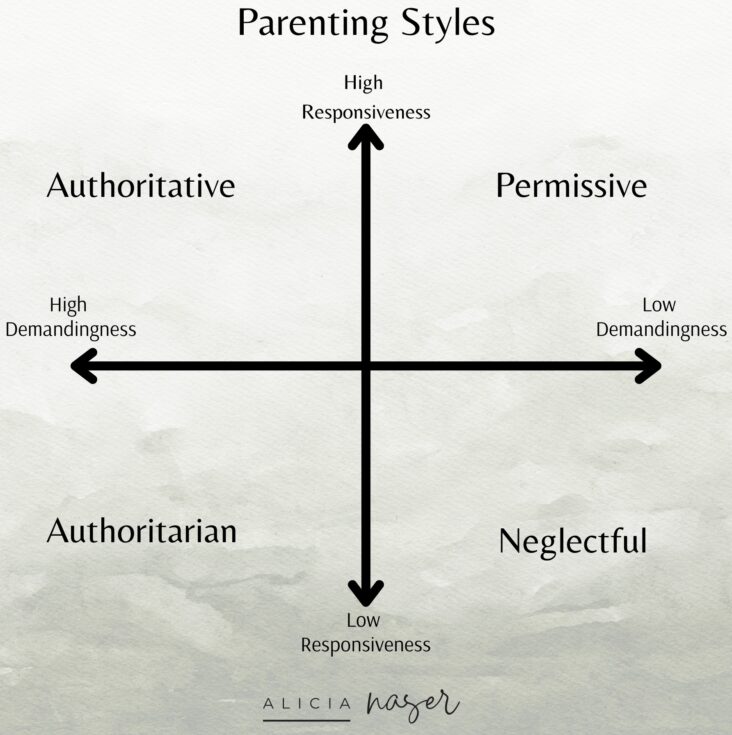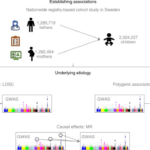Early intervention is an essential key in unlocking the full potential of children diagnosed with autism. This article delves deep into the critical importance of early intervention strategies for children with autism, shedding light on the transformative power these techniques can have on their developmental trajectory. By exploring research findings, expert opinions, and real-life success stories, we aim to emphasize that early detection and intervention can significantly enhance the life quality and social functioning of children on the autism spectrum. Discover how early intervention can make a world of difference in the lives of children with autism and their families.
Understanding Autism: The Early Signs and Symptoms
Recognizing the early signs and symptoms of autism can play a crucial role in a child’s development, ensuring timely and effective intervention. Common indications such as delayed speech, limited eye contact, lack of social engagement, and repetitive behaviors often surface between 18 to 24 months of age. However, subtle signs can emerge as early as 12 months, making it vital for parents and caregivers to stay vigilant. Early diagnosis and intervention can significantly enhance the child’s learning, communication, and social skills, making a profound difference in their life quality. Understanding autism and its symptoms is the first step towards proactive care and personalized treatment strategies.
The Role of Early Intervention in Shaping the Future of Autistic Children

Early intervention plays a pivotal role in shaping the future of children diagnosed with Autism Spectrum Disorder (ASD). It is essential to understand that the sooner we initiate intervention strategies, the better the developmental outcomes for the child. Early intervention programs provide children with autism the necessary tools to augment their communication, social interaction, and cognitive skills. These programs also assist in reducing problematic behaviors often associated with ASD. By implementing these intervention strategies in the initial stages, we can improve their quality of life and help them thrive in various social situations. Thus, early intervention is a crucial step towards a promising future for autistic children.
Techniques and Strategies: The Heart of Early Autism Intervention
Techniques and strategies form the core of early intervention in autism. Research indicates that early, targeted therapy can significantly improve a child’s cognitive and social development, helping them to navigate the world with more confidence. This includes approaches like Applied Behavior Analysis (ABA), Speech and Language Therapy, Occupational Therapy, and more. Each child’s therapy plan is individualized, addressing their unique needs and abilities. Parents and caregivers play an integral role in these interventions, providing a nurturing and supportive environment. The key lies in early detection, immediate action, and consistent follow-through with the chosen strategies.
The Positive Impact of Early Intervention on Family Dynamics
Early intervention for children with autism significantly enhances family dynamics. Parents and siblings can better understand the unique needs of their family member, fostering a more supportive and cohesive home environment. This proactive approach reduces familial stress levels, as it provides essential tools and strategies for dealing with autism-related challenges. Additionally, early intervention promotes more effective communication, enhancing the overall quality of family interactions. By understanding the autism spectrum and adapting accordingly, families can nurture a positive growth environment for their child. Therefore, early intervention is not just beneficial for the child, but for the entire family unit.
Real Life Stories: How Early Autism Intervention Changes Lives
Real-life stories often offer a powerful testament to the transformative effects of early autism intervention. They showcase the pivotal role it plays in the lives of children with autism, enhancing their communication skills, social interaction, and overall quality of life. Anecdotes from parents, teachers, and therapists reveal how children who receive early intervention demonstrate remarkable progress, fostering hope and inspiration for others. These stories underscore the importance of early diagnosis and intervention for autism, advocating for the potential of each child to overcome challenges and lead fulfilling lives. This compelling narrative underscores the significance of early intervention for the optimal development of children with autism.




